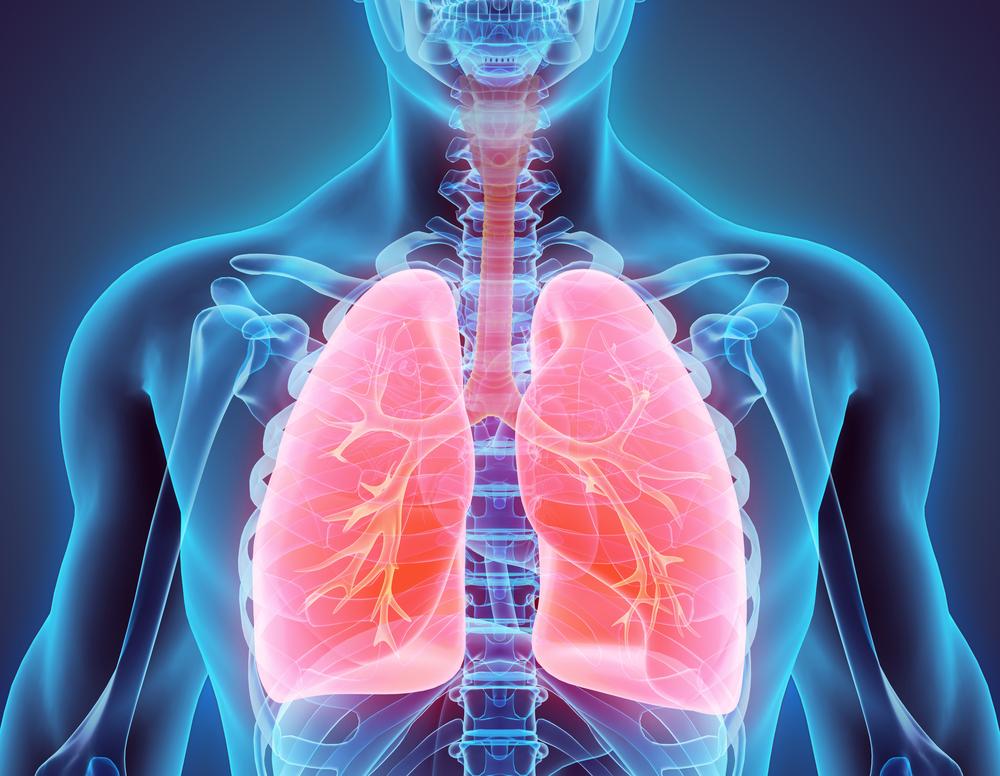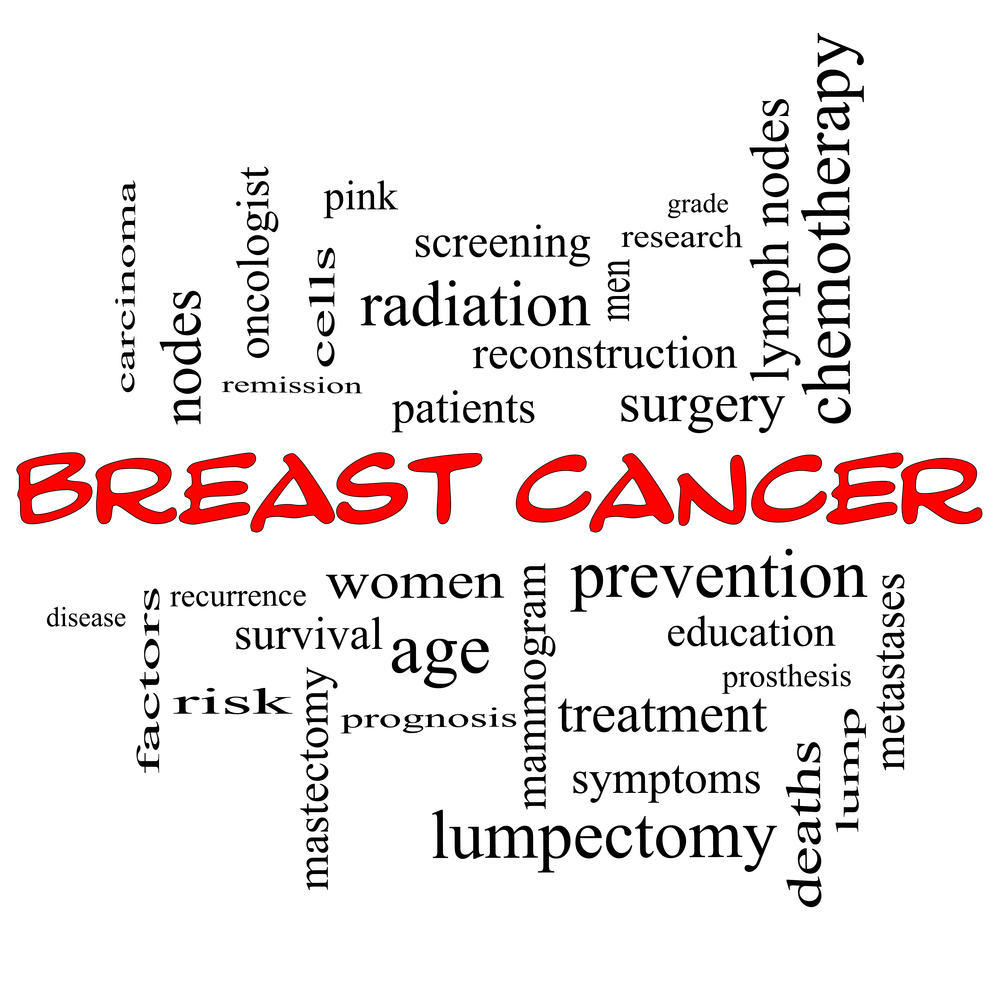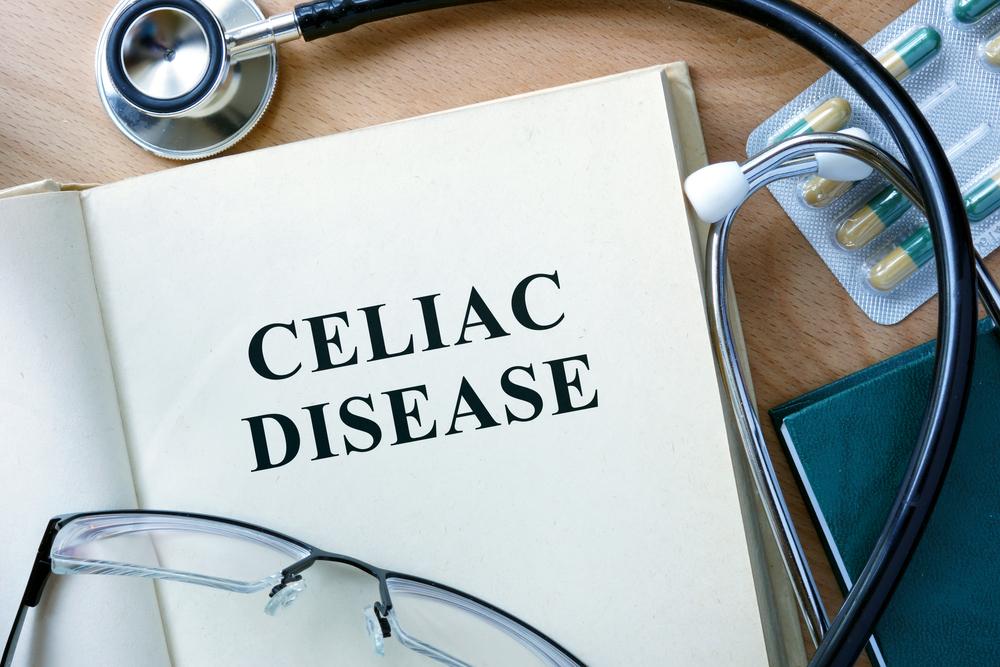Effectiveness of Chemotherapy and Drugs in Lung Cancer Treatment
This article explores the benefits and types of chemotherapy and medications used in lung cancer treatment. It covers both small cell and non-small cell lung cancers, discussing treatment strategies, common drugs, side effects, and advantages. Understanding these treatments can help patients and caregivers make informed decisions, highlighting the importance of chemotherapy in reducing tumor size, preventing recurrence, and managing metastatic disease. The article emphasizes personalized treatment approaches and potential side effects, guiding readers through the critical components of lung cancer management.

Evaluating the Role of Chemotherapy and Medications in Managing Lung Cancer
Chemotherapy uses targeted medications to inhibit the growth of cancer cells, including those in the lungs. Lung cancer primarily falls into two categories: non-small cell lung cancer (NSCLC) and small cell lung cancer (SCLC).
Small Cell Lung Cancer (SCLC) Treatment
When diagnosed, SCLC often metastasizes quickly beyond the lungs. Chemotherapy drugs are administered systemically, ensuring cancer cells outside the lungs are effectively targeted.
Non-Small Cell Lung Cancer (NSCLC) Treatment
For some NSCLC patients, chemotherapy is recommended prior to surgery, especially in early stages, to reduce tumor size and improve surgical outcomes.
If NSCLC is detected early, chemotherapy can significantly decrease the risk of cancer progression.
Types of Chemotherapy
Primary systemic chemotherapy
Neo-adjuvant chemotherapy is used before surgery to eradicate cancer cells and assess treatment response.
Adjuvant chemotherapy
Administered post-surgery if residual cancer cells are suspected, preventing recurrence and spread.
Systemic chemotherapy
Involves circulating drugs that travel through the bloodstream to attack cancer throughout the body.
This approach is vital in treating metastatic lung cancer.
Common Medications for NSCLC
The following drugs are frequently combined with chemotherapy for lung cancer management:
Cisplatin
Carboplatin
Paclitaxel (Taxol)
Abraxane (Albumin-bound paclitaxel)
Docetaxel (Taxotere)
Gemcitabine (Gemzar)
Vinorelbine (Navelbine)
Irinotecan (Camptosar)
Etoposide (VP-16)
Vinblastine
Pemetrexed (Alimta)
Typically, a combination of two chemotherapy drugs is used. Adding a third drug offers minimal benefit and may increase side effects. Single-agent therapy is suitable for older individuals or those with frail health unable to tolerate combination therapy.
Potential Side Effects
Chemotherapy’s side effects vary depending on the drugs and dosage. Since chemo targets rapidly dividing cells, it harms healthy cells as well, leading to side effects such as mouth sores, appetite loss, hair loss, nausea, vomiting, constipation, diarrhea, and fatigue. It also impacts white and red blood cells, increasing the risk of bruising and bleeding.
Benefits of Chemotherapy
It reduces tumor size and slows cancer progression, often making surgery more effective.
Post-surgery, it minimizes the chances of cancer recurrence.










